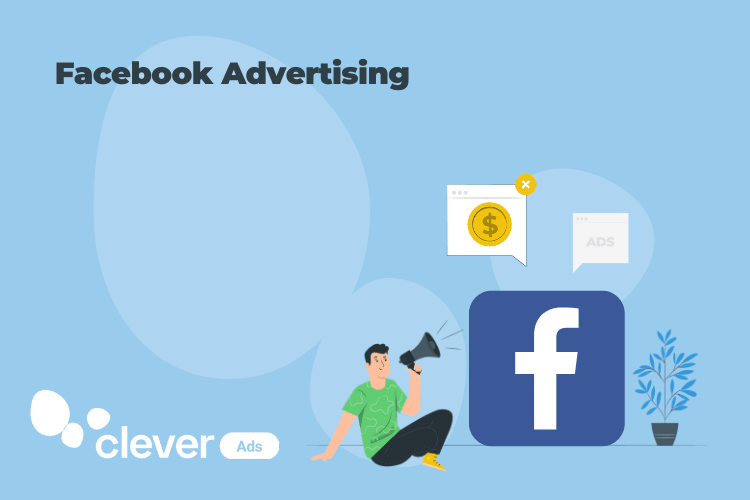Are social media ads as good as everyone thinks?
Advertising in digital media grows every year, for both B2B and B2C businesses. Thanks to paid media, companies like Facebook do with Facebook Ads can advertise from a new perspective and reach a more segmented, qualified audience trough the digital channel.
The key player for campaigns on the Internet is Google Ads, followed very closely by Facebook Ads, but…
Is it really worth advertising from Zuckerberg’s company?
Its prominence on the Internet is extraordinary but … is it all rose color?
Some data you should have in mind…
- A study conducted by CNBC found that, 83% of users never click on Facebook ads.
- The ads are poorly optimized for mobile phones (bad responsive technology).
- A very large percentage of users (more than 54%) don’t trust in making payments through Facebook
Facebook Ads weaknesses
Facebook Ads is not the ideal channel because…
- It’s a social network that users use on a personal level, they do not enter with the intention of buy.
- The data collected, unlike Google Ads, is quite limited (since its main use, is social).
- This means, Facebook Ads have very limited metrics.
- There is a lack of conversation tracking, something that stands out in Google Ads.
- To use Facebook and its Ads tool, you will need time, patience, resilience, and, you will probably have to hire a Community Manager. With Google Ads you can use tools like Clever Ads, which do everything for you fast and easy!
- Although the universe of Facebook (2.960 million users) must add the audience of Instagram and WhatsApp, Google Search and its Display network have a much higher number of users.
Other disadvantages…
- You will achieve low conversion rate or / and leads of lower quality.
- While Facebook is often cheaper than Google Ads, it is not the same audience.
- Someone who is looking for a product on a search engine is entirely different than that of someone who is chatting with their friends on Facebook and coincidentally sees your ad.
Lack of professionalization and unclear rules.
Facebook entered the world of advertising a few years ago. It is still far from having developed a complex model like Google, which has an online help center, certification exams, clear advertising policies, partner programs (AdSense, Google Engage), events, discount coupons…etc.
The click stops being a relevant metric, since its value is not homogeneous.
In Google Ads, we know that a click means a visit to your website. When you advertise on Facebook, this is not as linear. If the simplest ads are used (image and text that announce an external url to Facebook), this a click = a visit and it is simple. However, if you want to announce your fanpage, the system will take practically any action performed by the user as a click (a “like”, a visit to the page, a view of a photo, a comment… etc). Thus, the metric clicks are no longer relevant when estimating costs because it does not exactly mean the user visited your store.
- The controversy with the visibility of the ads on Facebook is/are they seen or not?
- Do they bother people?
The answer is that they go completely unnoticed.
- These advertisements require you to invest and work hard to be seen.
- Investing a lot in advertising, creating a text and a striking image is essential to make your ads seen on Facebook.
If you want to know more about the comparison between these two, do not miss this infographic.





OK I like this work
Good post but still convinced that integrating Facebook together with Adwords will make things work better!
Thanks for your comment!